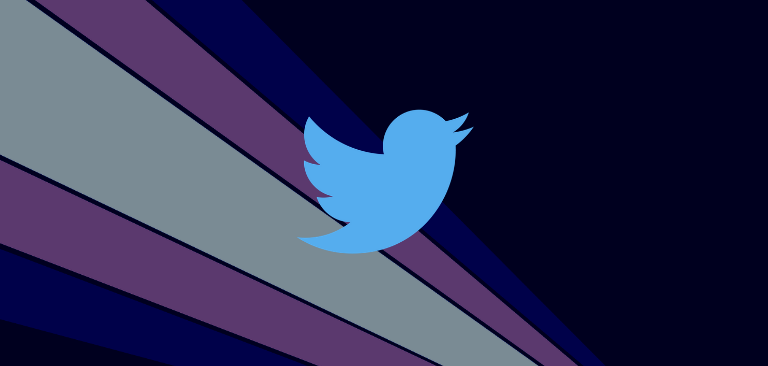Because of its intensity, it’s easy to think that the unprecedented level of censorship on social networks, spreading even to, technically speaking, lower levels of the web like hosting services, is a recent phenomenon.
But it’s been almost two and a half years since Meghan Murphy announced she would sue Twitter for permanently banning her account after she tweeted, “women aren’t men” and other declarations referring to scientific facts about biological differences between women and men.
This journalist and feminist went on to file her lawsuit in February 2019. In the YouTube video announcing it, she spelled out a policy that would in the intervening years become a runaway train of censorship. “Twitter has begun silencing individuals and political views they don’t want heard,” Murphy said in November 2018.
And now, a court of appeals in California has ruled that Twitter was right to ban her account. As it often does, the legal battle between tech and social media giants and their censored users came down to Communications Decency Act’s Section 230, that provides the former with broad, almost impenetrable protections, while disenfranchising the latter’s free speech.
We obtained a copy of the ruling for you here.
That’s how the law is being interpreted these days, despite the fact that the US Supreme Court observed Congress had promotion of free exchange of information and ideas over the internet in mind when it created Section 230.
But Big Tech is eating this cake, and having it too: successfully hiding behind the legislation’s protections from legal liability for user-generated content, while not being obligated, or willing to protect free speech.
The 1st District Court of Appeal threw out Murphy’s lawsuit, seeing merit in Twitter’s argument that it had the right to censor information it sees as unacceptable, and is, essentially, not really in the business of being a free speech platform.
Murphy’s lawsuit tried to make a point of Twitter previously marketing itself as precisely that, and even promising “not to actively monitor or censor user content.” Another argument she made was that Twitter’s business practice was unfair because it gave itself the right to suspend or ban accounts “at any time, for any, or no reason.”
But the California court took Twitter’s side.










